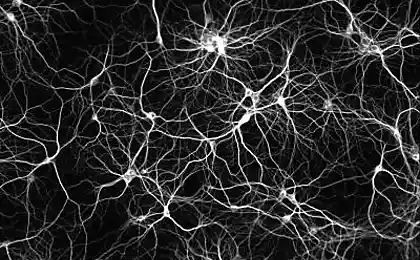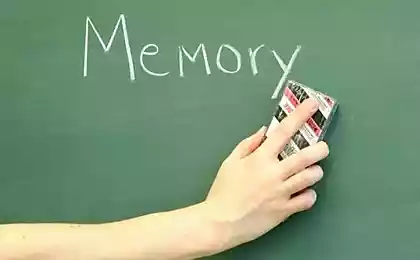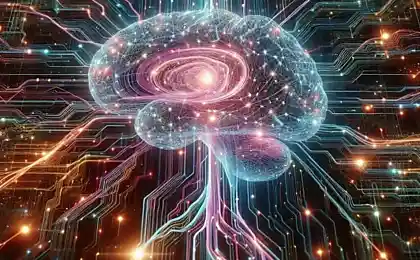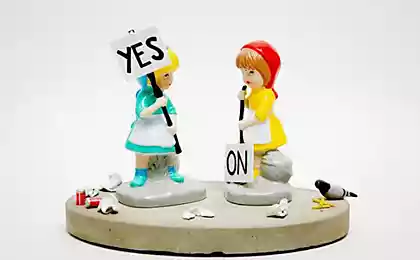577
As it was— should we believe autobiographical memory
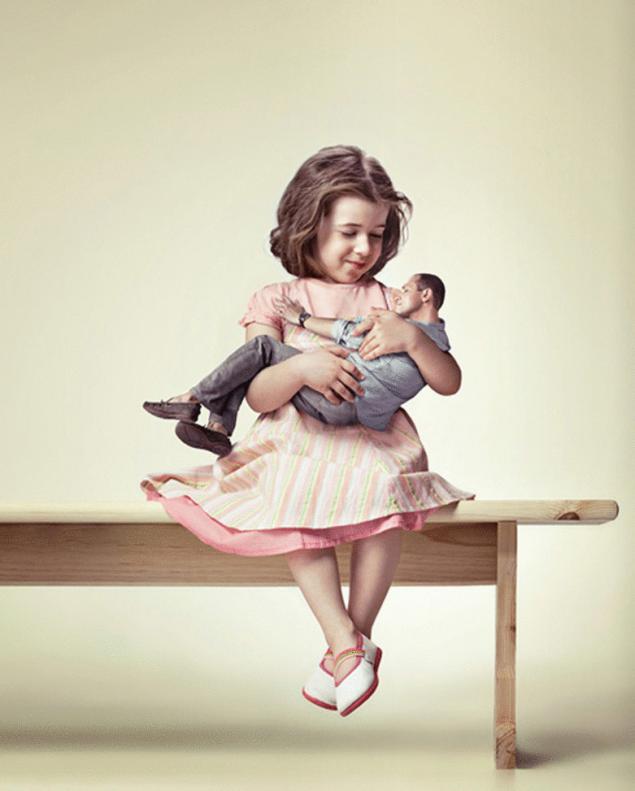
How does the memory work, and why in children's conversations with parents formed our personality and how to get a man to believe what was not actually told the doctor of psychological Sciences, Professor of Moscow state University Veronica Nurkova in a lecture at the DI Telegraph.
Memories define how we think of ourselves, what goals and objectives how to interpret events and forecast the future. As a consequence, the change of memories leads to a change of personality and psychological image of the person. For example, people characterized by high anxiety, I remember a generally bad — bad things, the situations in which they failed. And when before them there is a new task, they remember the last negative experience, forgetting about cases where the same action was possible. As a result, the memory of a past failure initiates anxiety, anxiety causes a new failure, and so on to infinity.
To break this vicious circle, at first the man was forced to talk about what was bothering him, then immersed in a trance, where design new positive memories, I assure you of its truth, and as a result anxiety decreases. This method is called sensomotor psychosynthesis.
The scientists also found that in childhood we do not know what to remember, and this work perform for us parents. For example, when adults begin to ask about what happened today in kindergarten, there is a kind of construction of child's personality. There are two communication style: a pragmatic approach, when parents ask, because I want to get the answer (the child comes out of the garden without mittens, and mom asks, "Where's mittens?"); and autorelease when parents just get pleasure from communication. In the second case, the child is much better developed memory and personal characteristics.
According to another classification, communication style of mothers can be divided into two types. First, mimetic — mother builds a dialog to the child to remember what she said to him, and repeated after her, or asks a question with an obvious answer. The second type of mother-provocateurs, as if to provoke the child to different reactions, especially telling the truth or asking questions about what happened in their absence. ("Remember when we flew on holiday on the plane? — said the mother. "No,' answered the child, we traveled by train"). Thus, the kid defends his point of view and forms of metacognitive judgments. A number of experiments have shown that children of mothers provocateurs in 5-6 years begin to describe everything around you in your own words, showing originality. They are also able to create large amounts of text and develop skills to resist the opinions of others. And the child, accustomed to the mimetic approach, without mother speaks little and is often lost in the conversation.
"Russia has its own specificity of formation of memories is not just something between Europe and Asia. For us the main thing is the attitude of other people, but not as such, their actions, and our feelings about those actions"
Different memories are formed of children from individualistic (e.g. United States) and Eastern cultures (e.g. China or Korea). In individualistic cultures, memories are formed earlier, their center is the personality of the child, detailed story often describes experiences that arise in connection with the opposition of other people. For example, the recollection of the speech at the matinee — the kid has forgotten the poem, but he suggested, and he came out of the situation a winner.
In the East children are better at remembering social relationships, and recurring events — such as parents on Saturdays read fairytales to your child. Interestingly, Russia has its own specificity of formation of memories, is not just something between Europe and Asia. For us the main thing is the attitude of other people, but not as such, their actions, and our feelings about those actions. For example, the memory of waiting for the gift for the occasion and emotions associated with obtaining it.
We have the illusion that there is some whole story of our lives. If you ask a person to portray memories of his life, he is likely to draw a line, which will mark the points of the individual episodes. The idea of private life as something solid comes with age, as the acquisition of cultural life scripts. These scripts can be inherited — for example, if you ask a person to tell about the ratio of good and evil in his life, we get the proportion similar to the testimony of his parents. It turns out, we choose the corresponding events to fill this "matrix".
Appears a natural question is how we can manage your autobiographical memory. To test this, scientists conducted an experiment with students of the summer school "Russian reporter". The researchers asked the participants to recall as much detail as possible the events of the past year and it confused them, claiming that other students described the events differently (in fact, scientists simply added a non-existent event). Then asked to retell a fictional story of the school — as if they had to convince someone that happened. A week later the subjects were again collected and were asked to tell how everything was actually. As a result, the accuracy of memories of real events decreased. But the participants radically changed their opinion about the authenticity of the event only in those cases when they composed themselves the non-existent details, and then believed in a dream.
In General, memories are not "dug out" from somewhere, and are created in real-time. When in a state of hypnosis the therapist asks questions to the client, it not just creates these memories, but also simulates a conversation with an adult child. For example, in the United States revealed that the majority of customers, remembered cases of child abuse were clients of psychotherapists who have been abused in childhood. Thereafter, the exhumation of the memoirs was banned.
Source: theoryandpractice.ru
How to decorate a cottage in the old French style
How long can a person stay in space and what can this lead to?



